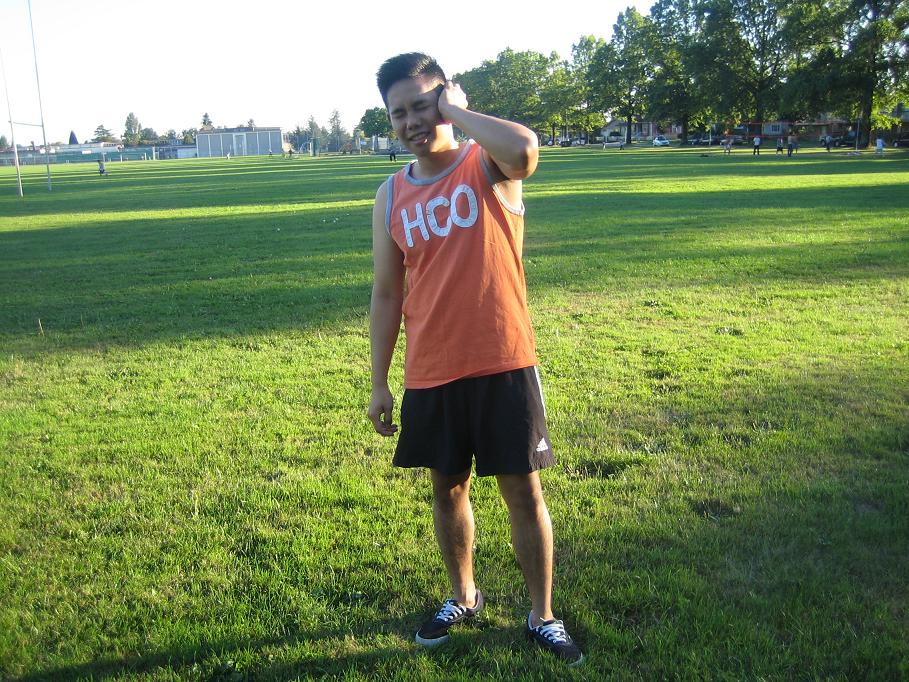A ruptured eardrum is a small tear or hole in the eardrum or tympanic membrane. The tympanic membrane divides the middle ear and the outer ear canal. It also vibrates sound waves that enters the ear and through the bones found in the middle ear. It causes problems with hearing when eardrum is injured.
https://www.youtube.com/watch?v=EyKCXHWjDaA
Causes of a ruptured eardrum
- Ear infection and buildup of fluids at the back of the eardrum. The pressure from the fluid cause breaking up or rupturing of the tympanic membrane.
- Barotraumas where the outside pressure of the ear is different from pressure inside the ear. This includes activities such flying in an airplane, scuba diving, strong impact to the ear, shock waves and driving in high altitudes.
- Injuries such as falling on the ear, vehicular accidents, direct hit on the ear and sports injuries on the ear.
- Inserting objects into the ear such as pen, fingernail and cotton swab
- Acoustic trauma or damage from very strong loud noises
Symptoms

- Sharp and severe pain in the affected area
- General discomfort
- Pain that suddenly disappears
- A sensation that something is wrong with the ear
- Dizziness
- Spinning sensations or vertigo
- Loss of hearing
- Ringing or tinnitus, clicking and buzzing inside the ears
- Clear or pus-colored fluid or blood drains out of the ear
Treatment
- Prescribed medicated paper patch which is placed over the tear in the tympanic membrane. It repairs the hole or tears in the membrane.
- Prescribed antibiotics and medicated eardrops to lessen the infection from the ruptured eardrum.
- Apply warm compresses on the area to lessen the pain and discomfort. Soak a clean wash cloth on hot water as hot that can be tolerated. Wring out excess water and place the wash cloth over the affected ear.
- Prescribed pain medications to lessen the pain and the inflammation.
- When taking a shower, keep the affected area dry by placing waterproof silicone gel or a cotton ball and coat it with petroleum jelly before taking a shower. It will prevent water and shampoo from entering the ear and cause further irritations and worsen the condition.
- Avoid cleaning and blowing the nose. The pressure produced from blowing the nose can further cause irritations on the healing eardrum.
- Avoid putting the head under the water when swimming in a pool.
Tips
- Keep ears dry to prevent further irritations and infections.
- Treat immediately ear infections
- Avoid flying in airplanes when having sinus or cold infections.
- Avoid inserting objects inside the when cleaning out earwax. Showering regularly to balance levels of earwax inside the ears.
- Chew gum use earplugs or force a yawn to stabilize ear pressure.
- Use earplugs when exposed to very loud noises.
Disclaimer / More Information
The material posted on this page on a ruptured eardrum is for learning purposes only. Learn to recognize the signs and how it is managed by taking a first aid and CPR class with one of our training providers.
FACT CHECK
https://www.healthline.com/health/ruptured-eardrum
https://www.webmd.com/pain-management/ruptured-eardrum-symptoms-and-treatments#1
https://www.mayoclinic.org/diseases-conditions/ruptured-eardrum/symptoms-causes/syc-20351879
